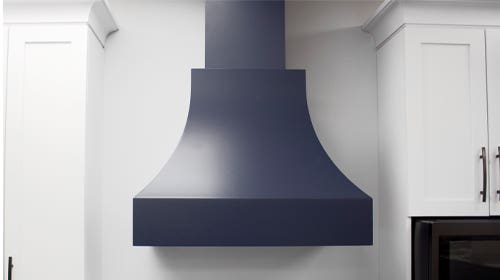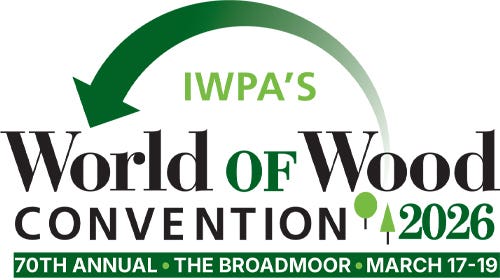Lumber coalition seeks U.S.-Canadian fair trade rules
With the expiration of the U.S.-Canada Softwood Lumber Trade Agreement, a coalition of U.S. lumber producers are seeking remedies from the government that will impose duties and prevent further injury…
With the expiration of the U.S.-Canada Softwood Lumber Trade Agreement, a coalition of U.S. lumber producers are seeking remedies from the government that will impose duties and prevent further injury to the domestic market.
An ad hoc group of the U.S. Lumber Coalition — the Committee Overseeing Action for Lumber International Trade Investigations or Negotiations — petitioned the U.S. Department of Commerce and the U.S. International Trade Commission in November to restore the conditions of fair trade in softwood lumber between the United States and Canada.
The petition alleges that Canadian provincial governments, which own the vast bulk of Canada’s timberlands, provide standing trees to Canadian producers for an administered fee that is far below the market value of the timber, as well as a number of other subsidies. It also alleges that Canadian lumber is being sold for less than fair value in the United States.
As a result of these practices, the petition states, there has been injury suffered by U.S. industry and workers by reason of unfairly-traded Canadian softwood lumber imports, suggesting Canada’s gain in market share came at the direct expense of U.S. producers once the softwood lumber agreement expired.
The petition also says that, following the expiration of the agreement, Canadian imports surged from 29.5 percent (third-quarter 2015) of U.S. total consumption to 33.1 percent (fourth-quarter 2015) and 34.1 percent through the first eight months of 2016.
The domestic industry experienced a decline in several key trade and financial indicators as a result of the low-priced Canadian imports, including lost sales and revenues that resulted in U.S. mill closures and job losses, according to the petition.
For more, visit www.uslumbercoalition.org.
This article originally appeared in the January 2017 issue.







